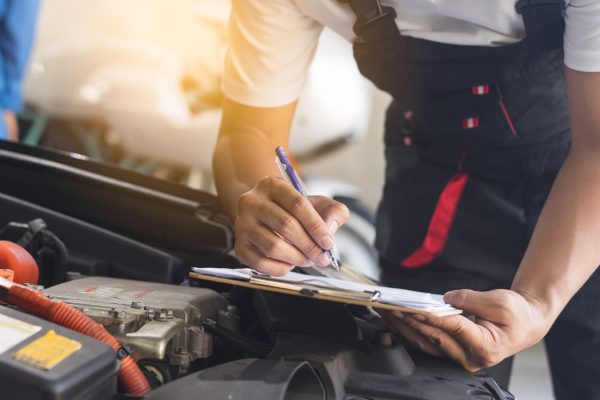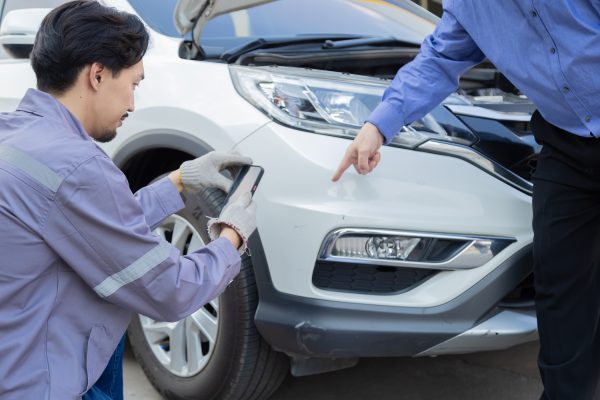Contrary to much common belief, a car seller cannot insist that a consumer has to bring a car in to them to repair it if there is a problem.
The rationale is straight forward. A car could break down 250 miles from where it was sold but where the repair could be carried out very easily and cheaply at a garage local to the break-down. If the law was written in the way that stated that the repair had to be done by the seller then it would incur a significant and disproportionate expense on the seller to have the vehicle recovered back to them.
However, the current law allows a consumer to ask the seller to repair a car and it is often pragmatic for them to do so wherever possible.
As mentioned in a previous legal update, the EU Directive on Consumer Rights is starting its merry journey through the UK legislative system.
It was noted with slight concern in the Government’s “preferred option” as to how the thorny question of repairs should be addressed in the new law:
“Limiting the number of repairs or replacements (Tier 1 Remedies) to a single repair or replacement before consumers can insist on a ‘Tier 2’ remedy of either keeping the goods and receiving a price reduction, or rejecting the goods and getting a refund subject to a deduction to reflect the consumer’s use (Tier 2 Remedies).
In effect the retailer will be able to offer a single repair or replacement. If this repair/replacement is not provided within a reasonable time and without significant inconvenience to the consumer, the consumer can access Tier 2 remedies (this is currently the case and is required by the Directive).”
This sounds reasonable, however, it is the content of their next paragraph where my concern kicks in:
“….if a repair or replacement is provided but does not bring the goods to the standard required – either because the initial fault is still present following the repair or replacement or a further fault appears in due course”.
In other words, you may only get one chance to repair the vehicle with the fault presented at that time BUT NOT if something else fails later, even if that second problem arose after your making good the first repair.

Composer is a next-gen automotive platform that has been designed from the ground up to give you an intuitive way to promote your stock. You have extensive stock management options, and you'll gain a brilliantly responsive new website to advertise your stock, starting at just £39.99/month.
So, replace the clutch free of charge when it fails a week after purchase and watch the customer demand all their money back when, “in due course”, something trivial goes wrong.
On the bright side, such a refund would HAVE to have an amount that reflects the consumer’s use from the vehicle deducted from it. I hope that this is made crystal clear in the legislation because presently everyone thinks that they are always entitled to an unconditional full refund. Of course, the amount of deduction will rarely be agreed so will inevitably (in the writer’s humble opinion at least) give rise to even more actions being brought in the County Courts – as if we don’t have enough of them to contend with already!
NOTE: The legislation is subject to change as it goes through the Parliamentary process. We will endeavour to keep you informed of what the outcomes are.








